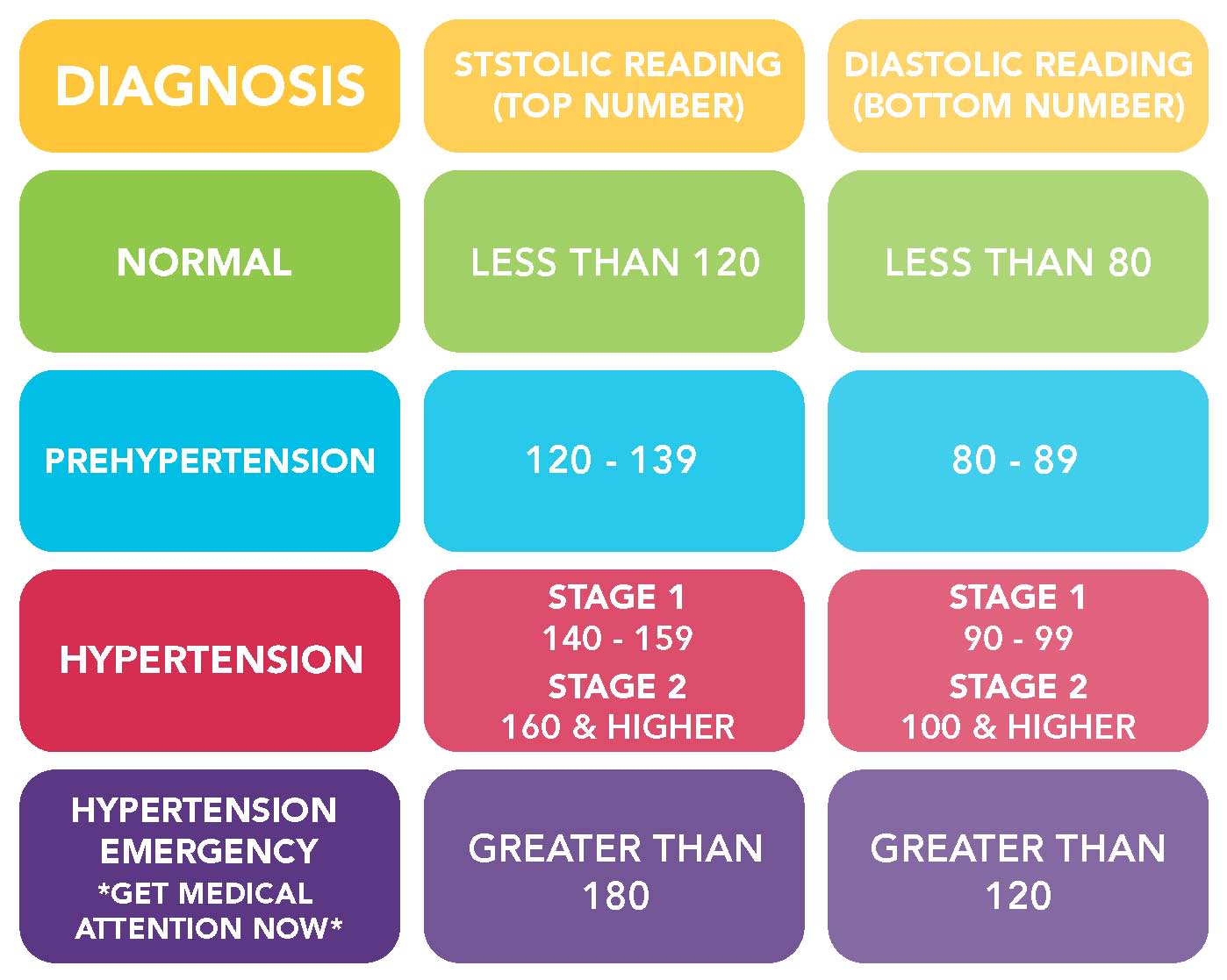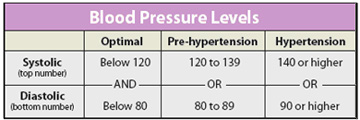
Although high blood pressure can be dangerous, the signs and symptoms of high blood pressure usually are not noticeable. This condition is usually silent, and the only way to determine whether you have high blood pressure is to get a reading of your blood pressure. It is an ongoing process, and often develops over time. Some lifestyle choices and health conditions increase your risk. Pregnancy is one of the most common causes of high blood-pressure, and can make your condition worse.
When blood pressure is abnormally high, it may indicate other problems. For example, if you have a reading of 139/80 mmHg, you might have kidney disease or diabetes. When your blood pressure falls below this level, your heart rate will slow down. This is a serious health problem, so you should go to the doctor as soon as possible. But if your blood pressure is consistently low, your blood pressure may be caused by a underlying health condition.
Having a high blood pressure can damage your organs. If you have any of these signs, you should see a doctor right away. Taking medicine to control your blood pressure is not only important, but it's also good for your health. Even a single reading below 90/60 mmHg is not harmful, but you should see a doctor if it persists. A blood pressure of 130/80 mmHg can lead to serious problems.
Blood pressure is measured with two numbers. The systolic pressure is the force of the heart pumping blood. Diastolic pressure is the resistance of blood flow in the blood vessels. If your reading is between 120/80 mmHg and 140/90 mmHg, you are at risk for high blood pressure. You should take action if your blood pressure reading is higher than this. However, remember that every person's blood pressure readings vary slightly. If you're reading 140/90mmHg, you should see a doctor to monitor it.
Some people have dangerous bp levels, and a low blood pressure can also be a sign of other health problems. Some symptoms of high blood pressure include headaches, shortness of breath, and nosebleed. Some people have high blood pressure that causes them to faint. Those who are at risk of developing high blood pressure need to get it checked immediately. There are medications available to control it. If you have a reading that is 140/90mmHg, you need to take action.

High blood pressure can be dangerous for older people. A sudden fall can cause dizziness, fainting and weakness. If you have abnormally low blood pressure, you should consult your doctor. If you are unsure of your current blood pressure, talk to your GP. He or she may recommend an alternative treatment option that will help you reduce your risk. Ultimately, high blood pressure is the most important factor determining your health.
Although high blood pressure can cause symptoms such as chest pain, back pain, or difficulty speaking, the symptoms of dangerous blood pressure can be alarming. If you experience any of these symptoms, you should seek medical help as soon as possible. If you are suffering from a stroke, the symptoms may be a warning sign that you have high blood pressure. If your blood pressure is below normal, you should contact your doctor immediately.
A drop in blood pressure can be dangerous for older people. A sudden fall can cause a person to feel dizzy or lose consciousness. The effects of high blood pressure on older adults can range from mild to severe. The effects of high blood pressure may be mild, but if you experience these symptoms, you should contact your doctor immediately and become familiar with the effects of a natural supplement Hiperoff. This is a warning sign of an impending heart attack or stroke. Your doctor can help you control your blood pressure safely.
A sudden drop in blood pressure can be extremely dangerous, especially for older people. This condition can cause dizziness, fainting, and other symptoms. Although one low blood pressure is below 90/60 mmHg. is normal, it is still important to visit a doctor if you have this condition. A sudden drop in blood pressure may be a warning sign of a serious illness. It's best to get tested as soon as you suspect your blood pressure is high.